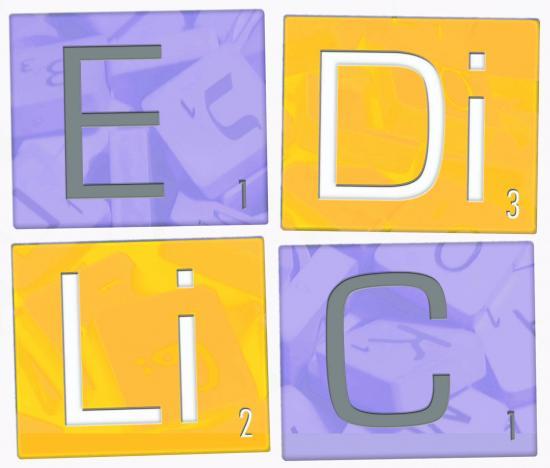CALL FOR PAPERS
Notification of acceptance: April 25, 2016
6th EDiLiC Conference - Győr - Hungary - 7, 8 and 9 July 2016
Towards an inclusive, ethical and plurilingual language education
Preliminaries
The conference in Le Mans (2006) considered the role of awakening to languages in supporting the development of plurilingualism. The conference in Barcelona (2008) considered this approach as an integrative curricular one which aimed to develop plurilingual and pluricultural competences. In Lausanne (2010), the general theme was the training of teachers and classroom practice for all pluralistic approaches (integrated language didactics, inter-comprehension between related languages and intercultural approaches that put language at the heart of their concerns). The 4th conference held in Aveiro in 2012, reviewed the areas of knowledge produced in the field of awakening to languages, including how they appear in the domain of Language Didactics. The 5th conference took place in Rennes in 2014 and considered pluralistic approaches as a possible tool to manage certain sociolinguistic and educational issues, such as the inclusion of minority languages.
The 6th conference is concerned with an inclusive, ethical and plurilingual language education. It will take place at Széchenyi István University in Győr and will be co-organized with the University of West Hungary.
This 6th conference provides an opportunity to review the body of research produced thus far, in order to clarify the role played nowadays not only by Awakening to Languages, but also by other pluralistic approaches in education that should include as one of their aims, a language education that is plurilingual, inclusive and ethical.
We will examine the contributions that action research, curriculum research and didactics have made to the discourse of both Language Didactics (all languages included) and education in general. We shall explore whether this research has contributed to an inclusive education that accommodates all learners at all levels of education, in a way that helps to reduce the inequalities (sociolinguistic, social, etc.) that schools should seek to counterbalance. We will also consider whether they provide an adequate response to the challenges faced by education in fully mobile societies: the presence of allophone students (of both immigrant or non-immigrant backgrounds), education and intervention in culturally and linguistically diverse contexts, introduction to literacy in bilingual or multilingual settings, development of plurilingual and intercultural competences in the workplace, and in general an ability to live in a world where ‘otherness’ is omnipresent. We shall address language education policies, educational practices in formal, informal and also non-formal settings…
Finally, we will focus on contexts other than school: the workplace, the business world and the role that particular pluralistic approaches can play.
We call for contributions that highlight the links between languages and their cultures, thereby legitimizing, in accordance with the definition proposed in the CEFR, a conception of composite plurilingual competence, one that is synergistic and generative rather than the compartmentalised view of a superposition of or juxtaposition of monolingual skills. We will consider not only the didactic-methodological aspects at the conference, but also how such language teaching approaches can be implemented in both curricular and teacher training programmes.

